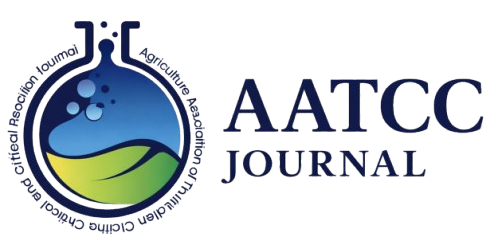Abstract
An extensive field pioneering was undertaken to examine the precise impedance of wheat
crops during the Rabi seasons spanning 2020-21 and 2021-22, specifically within the
Prayagraj District of Uttar Pradesh. The central objective of this experimentation was to
evaluate the implications of employing a Soil Test Crop Response (STCR) strategy for
fertilizer application and its pursuant impression on growth and yield within the context of
Inceptisol soil order, with a focused emphasis on wheat (Triticum aestivum L.) ploughing
plowing within the Prayagraj region. The STCR methodology was adopted as a foundational
framework to make out the optimum dose of fertilizers required to facilitate the most
compatiblerise of the wheat crop. The protectorate of soil -plant relationship system from
economic absorption perceptional of soil health footing. Sandy loam in soil texture, belongs
to soil order Inceptisol and neutral to saline in soil reaction. The experiment was carried out
in Randomized Block Design (RBD) and replicated thrice with 9 treatments. The growth
attribute like plant height, number of tillers per plant, number of green leaves per plant and
plant dry weight was observed significant at 120DAS on a pooled basis(Years 2020-21 and
2021-22). The best treatment combination was (T 9 ) STB (150:15:150 NPK kg ha -1 ) +FYM 15
t ha -1 , which displayed grain yield of 6.49,6.52 and 6.50 t ha -1 on a pooled basis respectively.
It is concluded that the reposeful use of NPK fertilizers with FYM FYM-based organic
fertilizer on STCR viewpoint not only gave best wheat yield but also elevated soil quality and
environment friendly.
